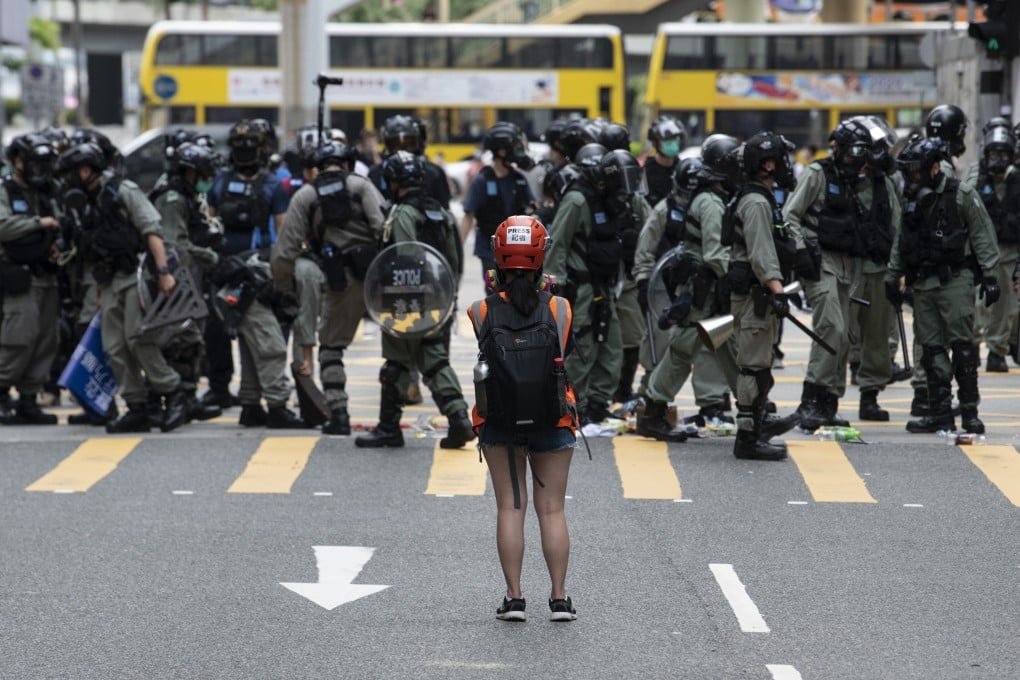Opinion | Why Beijing’s national security law for Hong Kong leaves too many unanswered questions to feel safe
- Vague language creates uncertainty over who, beyond protesters in the streets, could be accused of subversion, secession or terrorism
- Perceived threats to Hong Kong’s high degree of autonomy risk provoking a tough response from Trump, the State Department and Congress

Last Friday, after Beijing dropped a bombshell of imposing a national security law on Hong Kong, a foreign journalist asked if I was scared. As a journalist myself, I have to admit I fear the law could harm my work.
When China’s parliament enacts the law, would I still be able to write that I detest the country’s authoritarian government? Would I break the law if I urged the United States to protect Hong Kong’s high degree of autonomy that the Basic Law promised?
Stationing mainland security agents here would, too. The new law allows that, but why the legal permission now when Hong Kong booksellers were abducted in 2015 anyway?
When peaceful marches morphed into violent protests after Lam initially refused to kill the bill, the protesters were venting fury over what they saw as eroding freedoms, not trying to overthrow the government.

